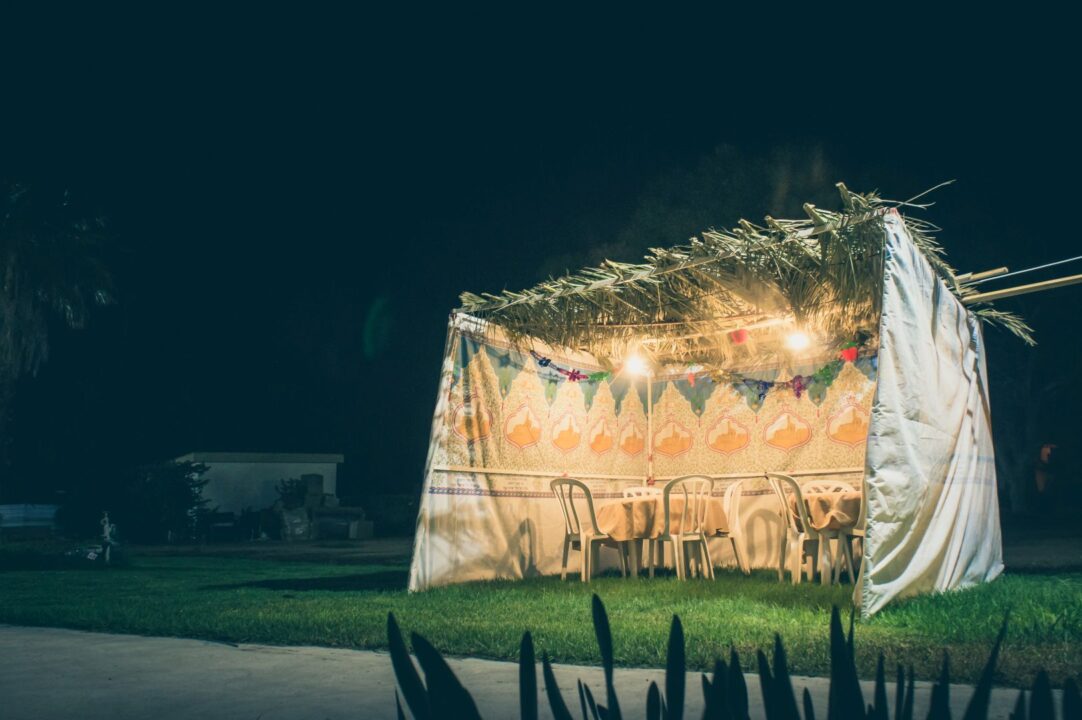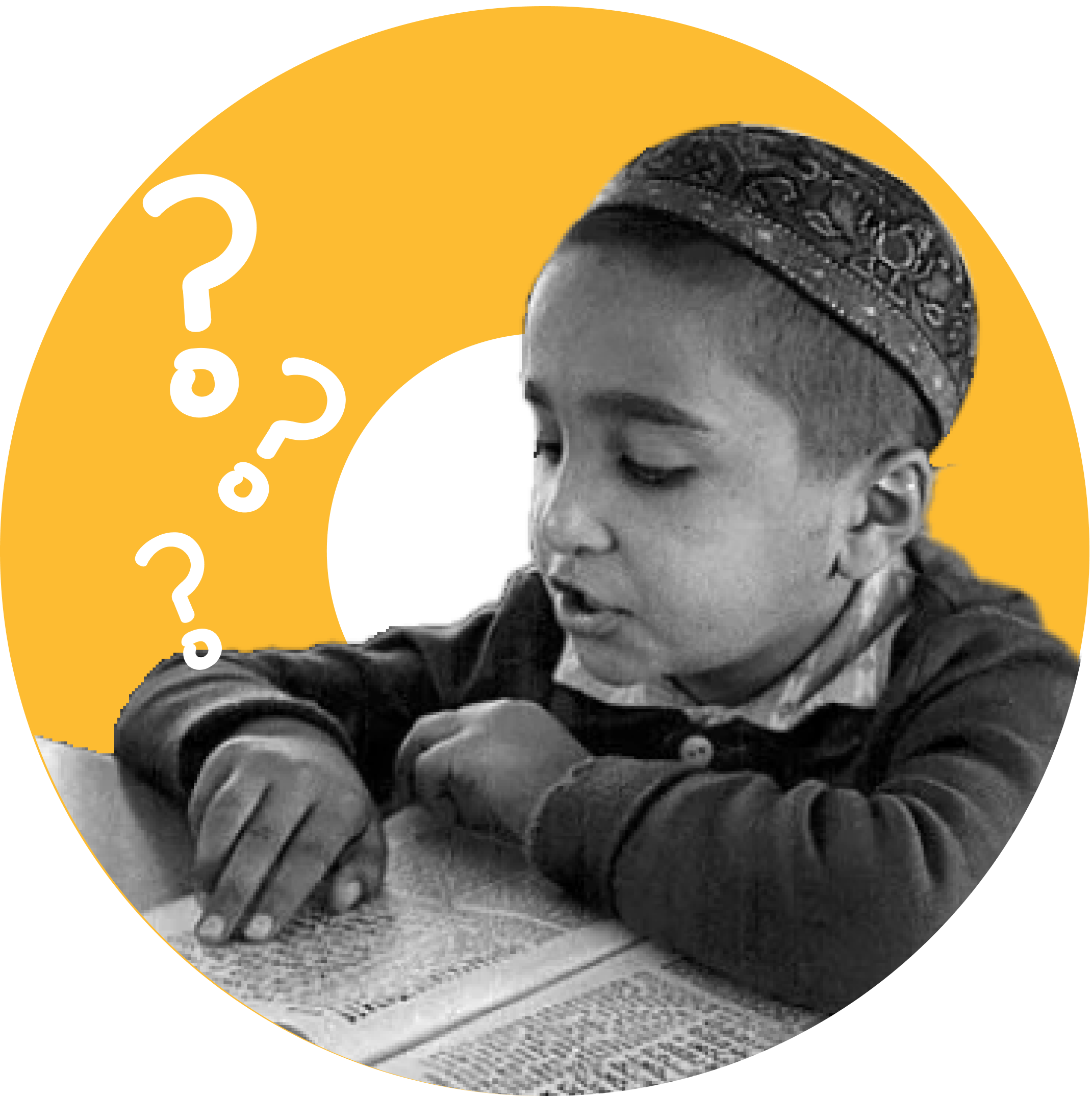The festivals of Passover and Sukkot begin and end with Yom Tov (a day in Israel, two days in the diaspora). The time in the middle has an in-between status. On the one hand, it is ĥol (weekday); on the other hand, it is mo’ed (festival). Therefore, it is referred to as Ĥol Ha-mo’ed (literally the weekday of the festival).
On the one hand, these days are part of the festival, and there is the same biblical obligation to rejoice on them as to rejoice on the days of Yom Tov. On Ĥol Ha-mo’ed of Passover, eating ĥametz is prohibited (30:3 below); on Ĥol Ha-mo’ed of Sukkot, sitting in the sukka is a mitzva (36:3 below).
On the other hand, when the Torah relates to the festivals in more detail, it emphasizes that the first and last days are sacred occasions during which melakhet avoda is forbidden (section 12 above). In contrast, on Ĥol Ha-mo’ed it is permissible to do any melakha for the sake of the festival or to prevent a loss (sections 19-20 below).
Since Ĥol Ha-mo’ed is considered a weekday in some respects, we recite Havdala to separate between Yom Tov and Ĥol Ha-mo’ed, and we include the phrase “Who distinguishes between sacred and mundane.”
















